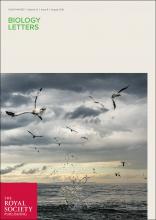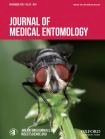
Last week, we wrote about a somewhat remarkable retraction, of a 15-year-old paper by a current Illinois senator who used to be a mathematician. At the time, we were a bit perplexed by the language of the notice, which the senator — who helpfully took our call — couldn’t answer, since he wasn’t involved in drafting the notice.
We’ve since heard back from the journal that retracted the paper, which explained that their phrase that “most results are false” meant the findings by state senator Daniel Biss were inaccurate — not fraudulent.
Here’s more explanation from a joint statement sent to us by Jan van Mill and Jerry Vaughan, the editors in chief of Topology and its Applications:
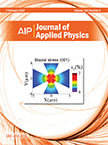 After an international group of physicists agreed that the findings of their 2015 paper were in doubt, they simply couldn’t agree on how to explain what went wrong. Apparently tired of waiting, the journal retracted the paper anyway.
After an international group of physicists agreed that the findings of their 2015 paper were in doubt, they simply couldn’t agree on how to explain what went wrong. Apparently tired of waiting, the journal retracted the paper anyway. Sometimes, a seemingly run-of-the-mill retraction notice turns out to be much less straightforward.
Sometimes, a seemingly run-of-the-mill retraction notice turns out to be much less straightforward.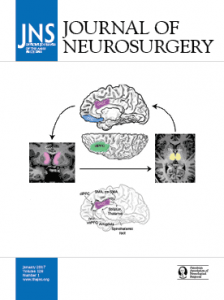
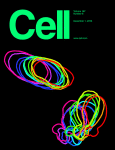 2013 probably felt like it was going to be a great year for stem cell biologist
2013 probably felt like it was going to be a great year for stem cell biologist 